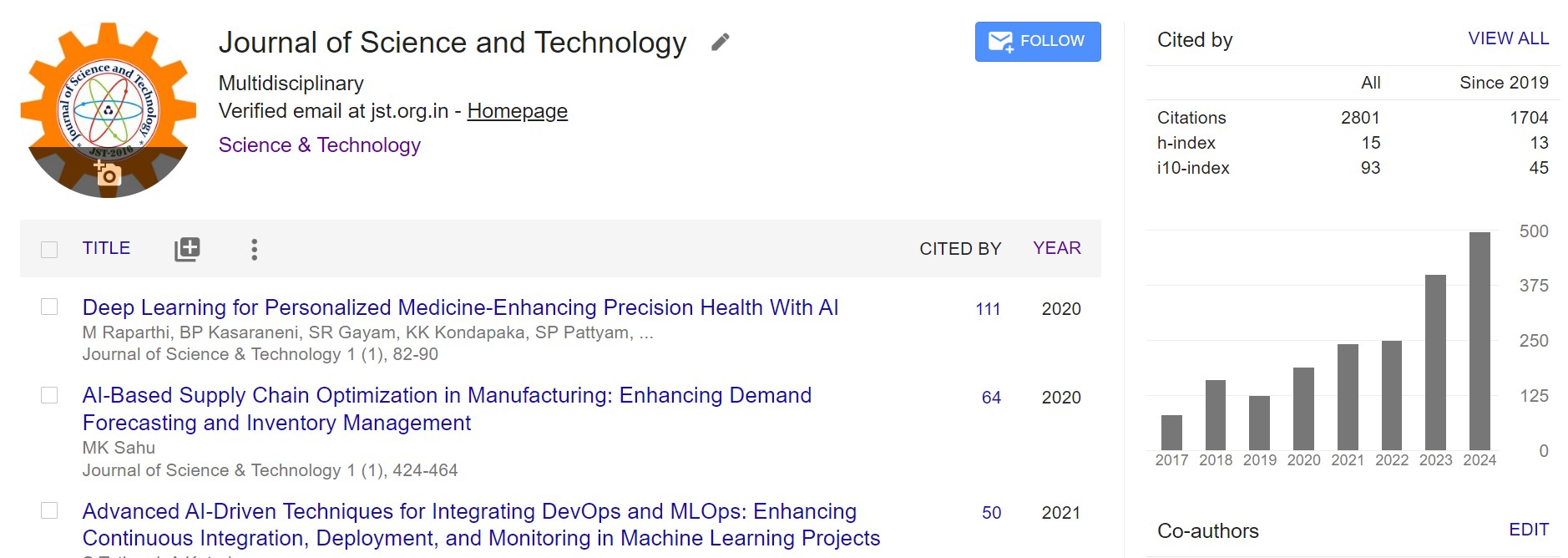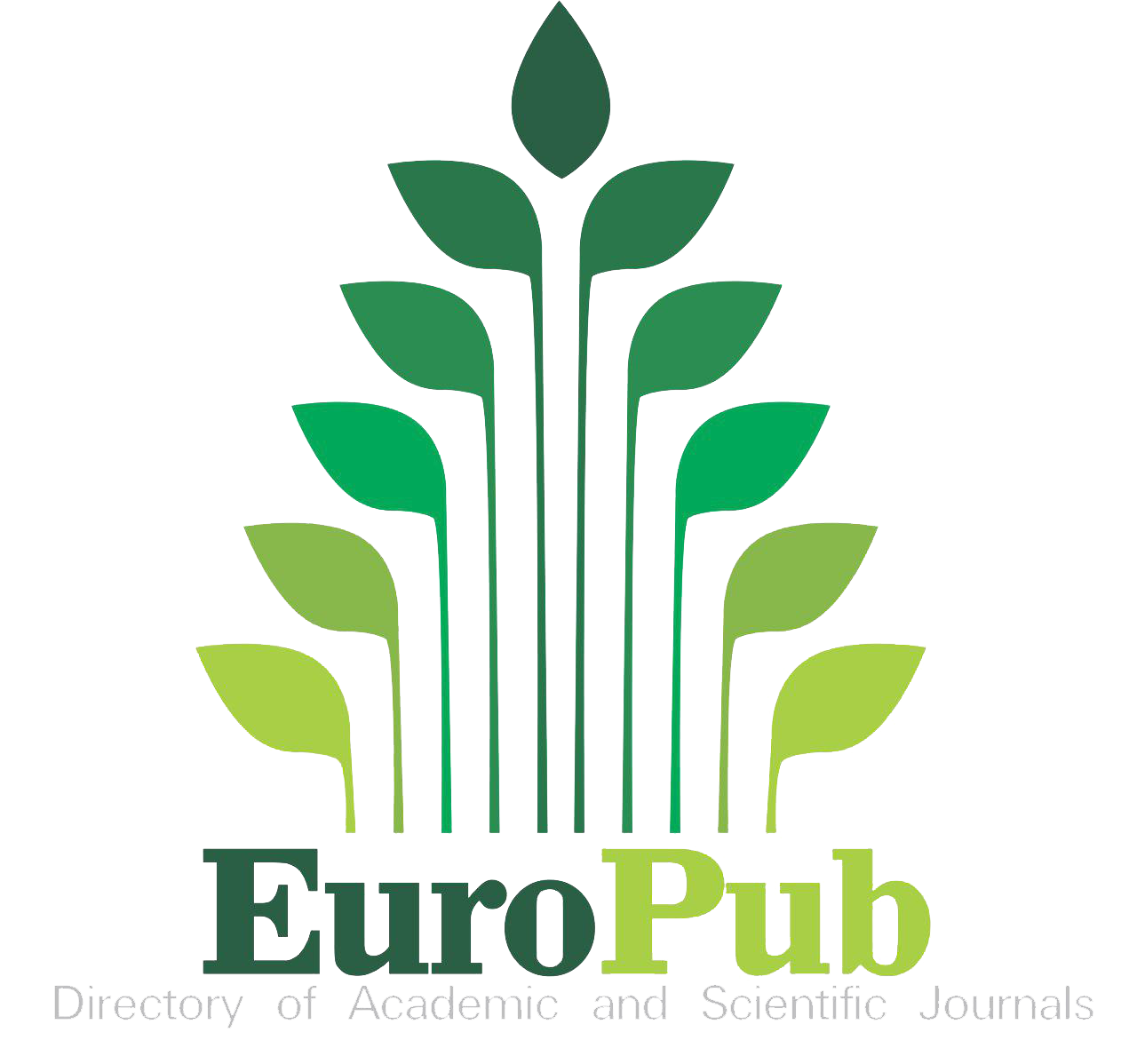Clonality of Methicillin-Resistant Staphylococcus aureus (MRSA) in Hospital and Community Samples in Nsukka, Nigeria.
DOI:
https://doi.org/10.46243/jst.2022.v7.i01.pp49-61Keywords:
Genotyping, Phylogenetic analyses, Polymerase chain reaction (PCR), Restriction fragment length polymorphism (RFLP), SDS-PAGE.Abstract
Methicillin-resistant Staphylococcus aureus (MRSA) is a human pathogen that has emerged as a serious public health problem both in hospital and community settings. This study was aimed to determine the clonal variations of MRSA from healthcare and community environments. S. aureus was isolated and identified from hospital and community samples using standard laboratory procedures and MRSA strains were identified using Kirby Bauer disk diffusion method. Out of 505 S. aureus isolates recovered in this study, 295 (58.4%) were oxacillin resistant and were therefore considered to be methicillin-resistant Staphylococcus aureus (MRSA) strains. The prevalence of MRSA in the hospital environment was 34.8% and 28.7% in the community environment. Out of 21 selected MRSA isolates examined for mecA gene by PCR, only six (53, 69, 74, 84, 88 and 89) showed positive amplification for mecA. Of these six, one
- was a hospital isolate, while the other five were community isolates. Polymerase chain reaction (PCR) was used to detect both the Staphylococcus specific 16s rRNA and mecA genes with amplicon sizes of 750 bp and 310 bp, All oxacillin resistant isolates possessed the S. aureus specific sequence gene, but not all possessed the mecA gene. Genetic relatedness of the isolates was determined using protein profile from SDS-PAGE and restriction patterns from restriction fragment length polymorphism (RFLP). The protein profiles and restriction patterns revealed heterogeneity among the isolates. Phylogenetic analyses were done on the protein profiles and restriction patterns using bioinformatics software (UPGMA). The results revealed four different patterns suggesting that there are about four MRSA clones among the samples as well as genetic relatedness between hospital and community isolates.


























